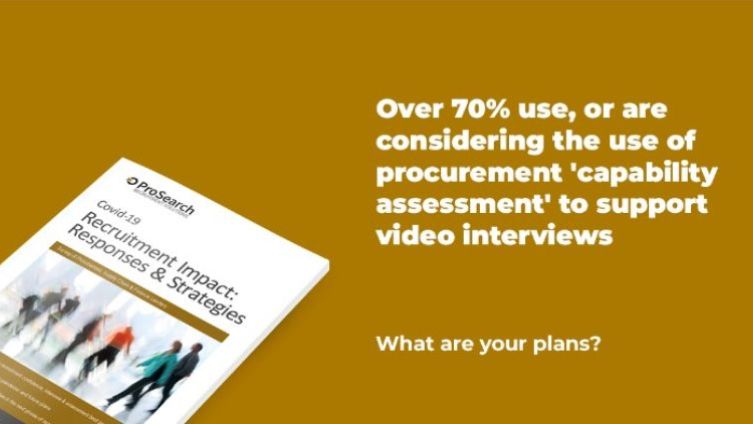The Covid 19 pandemic’s impact to date on supply chains has proven to be significant, resulting in severe disruptions and driving big changes within logistics, distribution, supply chain management and human resource planning. The pandemics impact on supply chains is far from over however, with the recent rise of the “pingdemic” now continuing to affect many sectors.
As the lockdown restrictions begin to lift further, the use of the NHS track and trace ‘app’ in shops, pubs and restaurants and many public spaces has increased. Due to this, many now fear the resulting “pingdemic” as employees are asked to isolate, removing them from the workplace. The number of staff pinged by the ‘app’ has increased sharply across a wide range of public and private sector workplaces. As a result, staff shortages have been rising.
What effect has the “pingdemic” had on supply chains?
The pandemic has resulted in obvious challenges and these have been exacerbated as a result of the “pingdemic”. The resulting staff shortages, reduced workforce capacity and associated productivity challenges have not only aggravated the problems, but the solutions can be harder to implement.
We have seen supply and demand issues throughout all sectors and the increases in demand due to Consumer concerns, have resulted in supply stress and constricted supply. This combined with reduced capacity in the workplace, has led in the short-term to difficulties in responding to this demand.
Vulnerabilities have been exposed due to a lack of diversification. Single or limited sources of supply have aggravated these issues around supply and demand. Supplier diversification provides resilience in times of stress, offering alternative sources when issues arise. Despite opposing the current trend for lean supply chains, diversification can allow for a balance between resilience and efficiency.
What are the solutions?
Process innovations may offer some solutions during this uncertain period. New technologies are allowing companies to continue performing at greater capacity despite disruptions to staffing. As the cost of automation declines this becomes a viable option for companies struggling with the current challenges. Examples in logistics and distribution, include robots helping to streamline operations, simplifying the complex nature of supply chain management.
With increasing demands due to the pandemic, automations in traditional physical and office-based roles are developing at pace, enabling higher levels of more efficient workflow, keeping up with increasing demand. Robotics and other automations allow businesses to keep up with consumer demand and expectations during this uncertain time.
As well as supporting workers with the increased workload and supporting demand, automation facilitates social distancing within the workplace, which will be beneficial for reducing the spread of the Covid 19 virus in the coming winter months as expected Covid levels increase.
Other people strategies include increasing the use of a flexible employee base, including augmented teams either managed Interim contractors, or consulting support which can be switched on quickly. This is particularly useful when demand levels spike, or to support the periods when you are recruiting and training new staff.
The ability to augment specialist experienced staff in to business-critical projects, or to back-fill in to business-as-usual roles while key staff manage these projects offers a quick and affordable solution.
A flexible, but larger team can ensure operations continue as well as providing more ‘people-power’ in areas stressed by the pandemic. These can be in areas of supplier management, de-risking supply chains, strategic buying and supplier administration.
Covid-19 has resulted in global supply chain struggles and the “pingdemic” has only amplified the strains on many sectors. However, many organisations have highlighted opportunities for development in response to these and through assessment, evaluation and audits, have created more robust risk management processes and strategies.
Prosearch recruitment solutions work with clients to find, assess and recruit the best procurement and supply chain talent for your business. Supply chains are only as strong as the people and processes managing them.
Get in touch with one of our advisors to discuss how we can help you and your business. We partner with organisations in a transparent and open approach to ensure they have all the external market knowledge and information needed to make the right hiring decisions.






